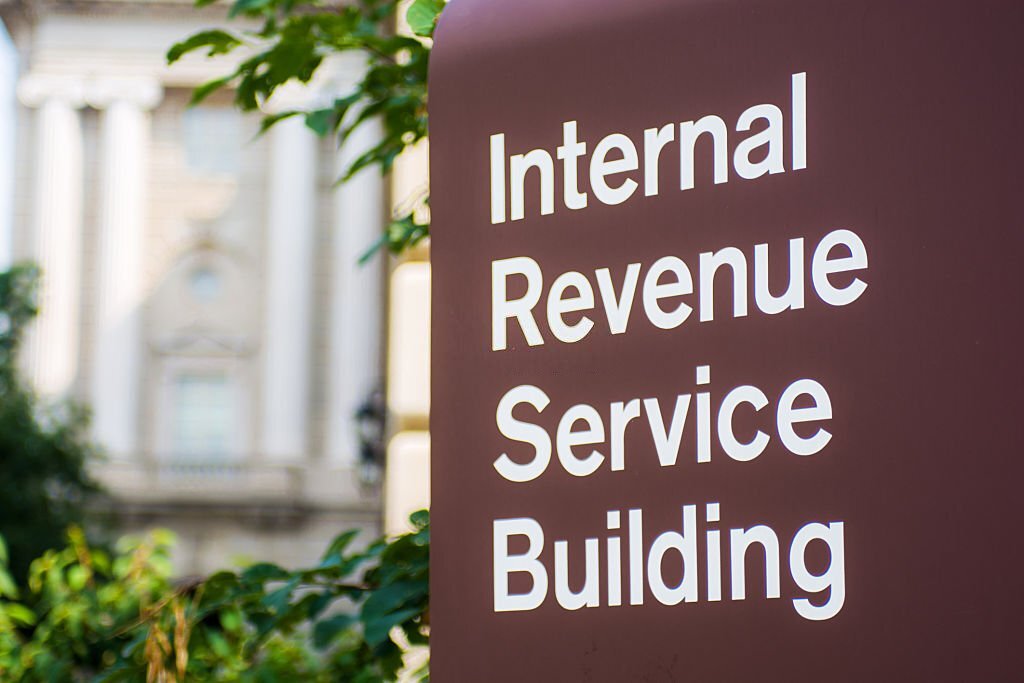By Alex Mann
Baltimore Sun
(TNS)
Nov. 2—Maryland has paid $5.4 million to the Internal Revenue Service after a rare IRS audit of the state found it owed millions of dollars in taxes in 2020.
Rachel Sessa, deputy comptroller for law and oversight, said during a meeting of the state Board of Public Works Wednesday the IRS audit of tax year 2020 found the stated owed over $16 million, but “staff within the Office of the Comptroller and other state agencies worked tirelessly to provide and obtain documentation to the IRS to significantly reduce the amount the state owes.”
“Since this is the first examination and assessment of its kind, the IRS agreed to waive penalties,” Sessa said. “However, we may still receive a bill for the accrual of interest.”
A spokesperson for the comptroller’s office confirmed Friday that the state had paid the $5.4 million sum to the IRS.
Sessa explained the problems the IRS identified fell into three categories: Nine state agencies failed to properly withhold employment taxes for some employees; a handful of state employees across five agencies made contributions to deferred compensation plans in excess of the plan limitations; the state was unable to prove in certain circumstances that backup withholding was applied to vendors appropriately.
Samuel Handwerger, a Certified Public Accountant who teaches at the University of Maryland’s Robert H. Smith School of Business, told The Baltimore Sun he wasn’t surprised to see the IRS conduct a payroll audit, even if he wasn’t sure how often the agency examines state governments.
“I’m not surprised that mistakes are made because it’s very complex,” Handwerger said, referring to the practice of properly withholding taxes. “It’s very labor intensive.”
The revelation of tax withholding issues leads Handwerger to want “to know more about how much the state of Maryland relies on its own resources versus outsourcing,” such as expert accounting services.
Backup withholding is particularly arduous, he said.
“The process of needing to do backup withholding usually starts with an IRS notice naming particular payees having mismatched identification numbers,” Handwerger said, “followed by the state having to give those people an option to cure, and then, failing that, the backup withholding starts, all within 30 days of receiving the notice.”
The practice only applies to non-payroll employees, like independent contractors, said JP Krahel, a Certified Public Accountant who chairs the accounting department at Loyola University Maryland’s Sellinger School of Business and Management.
“If you’re using my services as an independent contractor, but for instance I don’t provide you with a tax identification number, you don’t have a good faith belief that I’m going to pay my taxes therefore you need to withhold at the rate of 24% any taxes just in case I don’t pay them. That’s why it’s called backup withholding,” Krahel told The Sun.
“If an employer should have performed backup withholding but did not, then the employer, the payer becomes liable for that tax. It’s a due diligence thing.”
Deferred compensation plans, like 401k’s, have limits on how much an employee can contribute each year, Krahel said. In 2020, there was a $19,500 limit on annual contributions to such plans. “If you go over,” Krahel added, “then you have to pay taxes on those extra contributions.”
Krahel said he was not overly concerned about Maryland’s tax withholding errors.
“The IRS, they waived penalties. This is not, ‘Hey, we got these evil people.’ This is, ‘Guys, you did some things you shouldn’t have, let’s just make sure they don’t happen again,’” he said. “It’s annoying. Maybe a little embarrassing. But I don’t think it’s malicious or cause for concern for the average Maryland taxpayer.”
State Comptroller Brooke Lierman, a Democrat, said during the meeting Wednesday that her agency “looked back as far as 30 years” and could not identify another time the IRS audited the state.
“It might be the first time the state has ever been audited,” Lierman said.
Lierman said she had her staff address the issue publicly because she, Gov. Wes Moore and State Treasurer Dereck E. Davis—the Democrats who make up the state’s spending board—are “all committed to transparency in the business of government, so wanted to make sure people understand what this is, where it came from and how we are handling it.”
Sessa said the comptroller’s office had identified “corrective actions” to ensure “the issues found in tax year 2020 are addressed, including a lot of education and training.”
The IRS, Sessa said, agreed to provide state agencies with training, which will be scheduled in the next couple of months, so that they can appropriately withhold employment taxes.
_______
©2024 Baltimore Sun. Visit baltimoresun.com. Distributed by Tribune Content Agency LLC.
Thanks for reading CPA Practice Advisor!
Subscribe Already registered? Log In
Need more information? Read the FAQs




